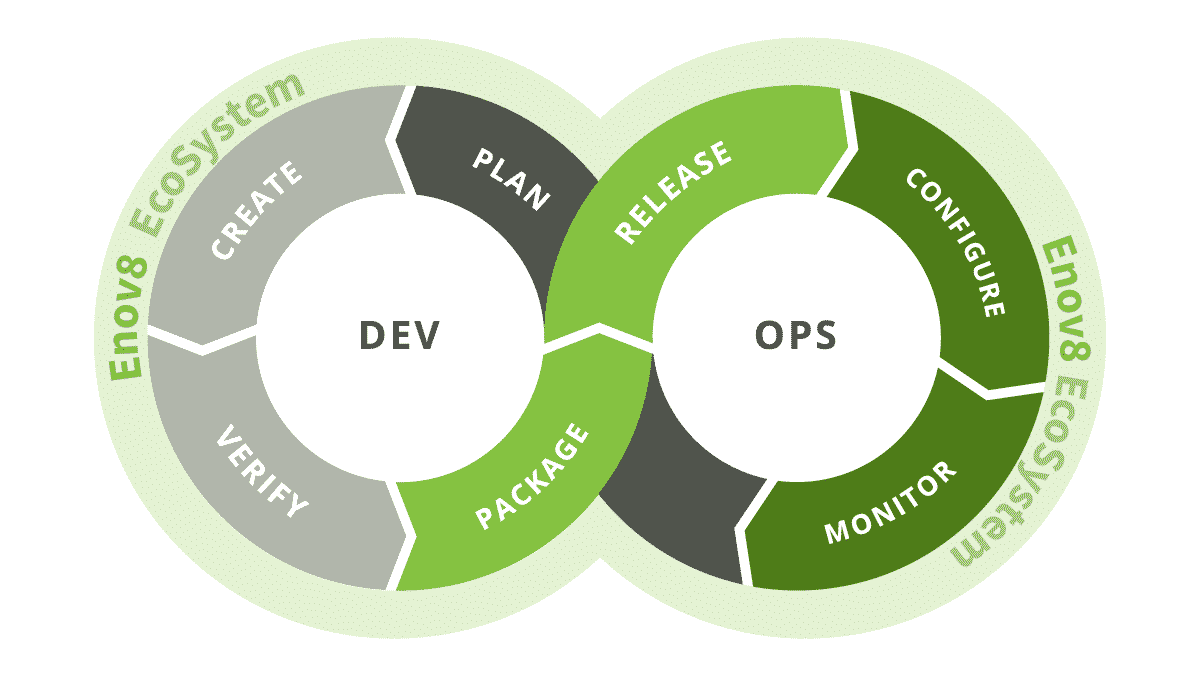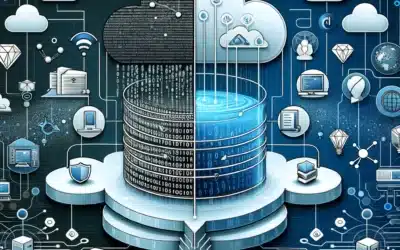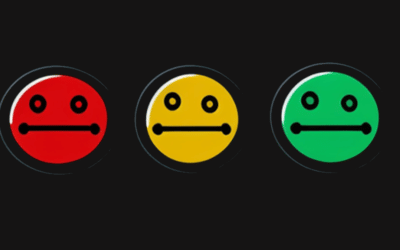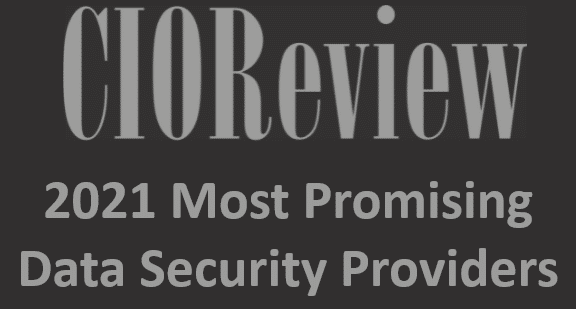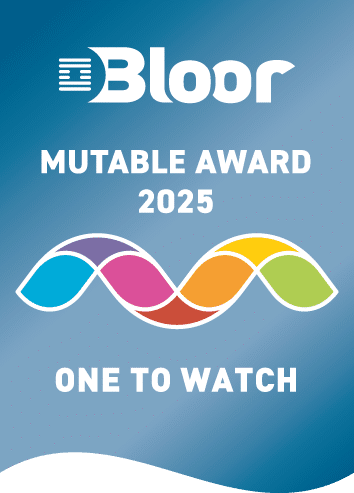How enov8 can help you achieve true DevOps
SEPTEMBER, 2017
by Rohit Gupta
Key Benefits of DevOps
- Faster Software Release
- Quick Issue Resolution
- Improved Communication and collaboration
- Faster delivery of features
- Early Detection and faster correction of defects
- Quality Improvement
Organisations these days are jumping into DevOps bandwagon, with multiple toolsets being used by different teams to achieve the same. There is a huge investment being made in getting new tools & training and at the same time no focus is being given on the use of existing toolset.
Enov8 ecosystem is a unique solution for Environment & Release Management which acts as an umbrella on your existing IT framework and helps in leveraging the existing or new tools to achieve true DevOps at Scale function.
It helps organisations with this by providing the following unique features.
Understanding your environment landscape
The ecosystem platform helps the organisation to visualize how their IT environments look like and the dependencies within each components. It also enables users to understand the dependencies application components have on business process and services. This allows the teams to proactively plan their DevOps setup and measures to manage risks in case of failures.
Increasing Demand View
Ecosystem helps organisations to capture the demand for their various components. This helps them to forecast the areas which can be targeted as high priority for automation, to reduce manual efforts of release and deployment. This view also helps in pro-actively planning and co-ordinating DevOps activities.
Automation & Orchestration
Automation is the heart of achieving the DevOps dream. Ecosystem using automation helps in standardizing Build, Deploy and Test activities, while promoting existing application automation toolsets. It can help in invoking pre-defined automation tasks as per requirements. It also helps organisation to understand which tasks are being done manually and can be automated to reduce time and effort.
Integration
Ecosystem has strong integration and API capabilities which can be used to invoke and integrate with existing or 3rd party applications. Ecosystem acts as an umbrella on top of these applications to leverage the right capabilities. It also helps in standardizing configuration, provisioning & decommissioning activities while promoting existing infrastructure toolsets through seamless integration.
Dashboards & Reporting
Ecosystem helps in moving away from manual spreadsheets, emails and other makeshift methods for reporting, allowing for effective reporting on activity, behaviour, usage & availability. It has inbuilt dashboards and a reporting engine which allows vizualisation of data from different perspectives. Dashboards can be created for stakeholders to provide them a high-level view of the progress or status. Simultaneously, application teams can use dashboards to collaborate and communicate with other teams instead of wasting time writing reports and emails.
Effective Collaboration
Successful team collaboration is one of the key factors for effective DevOps practice. Ecosystem enables teams to collaborate with each other by providing them a platform which gives them visibility of key information required for effective decision making and operations.
To learn how enov8 can help you implementing DevOps at Scale and standardizing your operations, contact us for a demonstration today.
Relevant Articles
What is Canary Deployment? A Complete Explanation
Software development and deployment come at you fast. So organizations strive to deliver new features and updates to their users while minimizing risks and disruptions. One of the most effective techniques to achieve this delicate balance is through the use of...
A Comprehensive Guide to Product Lifecycle Management (PLM)
Product lifecycle management (PLM) plays a critical role in ensuring the longevity and competitiveness of software products. A successful software solution is not an accident, but rather a result of ongoing supply chain management, maintenance and a clear long-term...
Data Mesh vs Data Lake: Choosing an Architecture
As organizations scale and mature their digital ecosystems, data becomes both a key asset and a major architectural challenge. Live by the data, die by the data. With vast quantities of structured and unstructured data pouring in from dozens (or hundreds) of...
RAG Status: What It Is and Using It for Project Management
Effective Leadership requires effective tooling to drive successful outcomes. One tool they can use to monitor and measure progress is RAG status. RAG stands for Red, Amber, Green, and is a simple traffic light system used to communicate the current status of a...
Enterprise Architecture Tools: 11 to Be Aware Of in 2025
Enterprise architecture (EA) is an essential discipline for organizations aiming to align their IT strategy with business goals. As companies become more complex and technology-driven, having the right set of EA tools is crucial to streamline operations, improve...
What is a Staging Server? An Essential Guide
Release issues happen. Maybe it’s a new regression you didn’t catch in QA. Sometimes it’s a failed deploy. Or, it might even be an unexpected hardware conflict. How do you catch them in advance? One popular strategy is a staging server....
